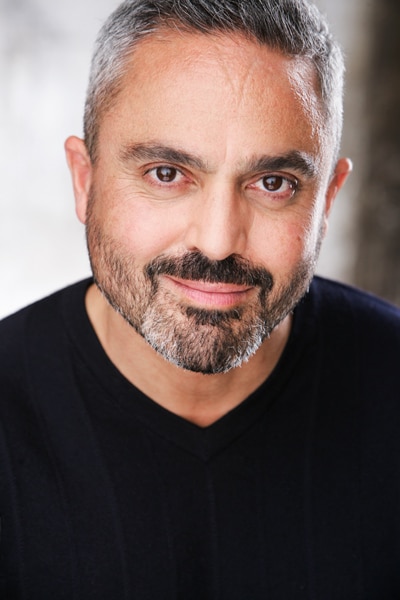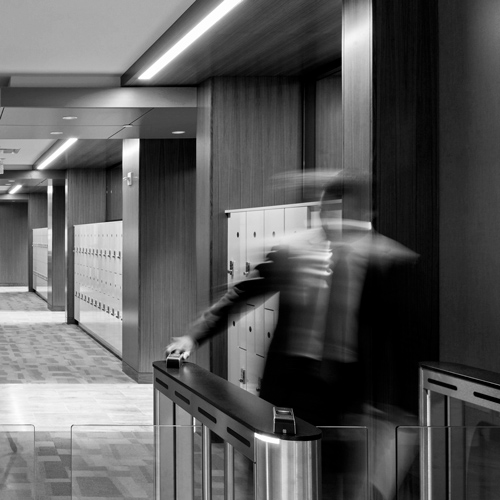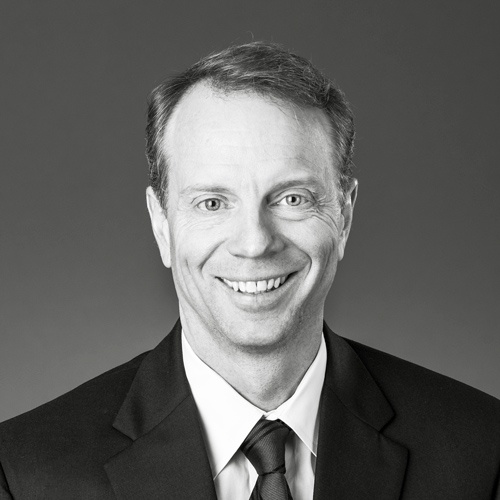
Last May, a concert put on by pop star Ariana Grande ended in tragedy when a terrorist detonated a homemade bomb as fans filed out of Manchester Arena. The incident was just one of several that in recent years has led to live-entertainment companies placing a greater—and much needed—emphasis on security and intelligence.
Security at concerts has always been a concern, of course, but as technology has evolved and the fabric of the world has changed, so have the exact needs of that security. Richard Patti, senior vice president and associate general counsel at global entertainment powerhouse and Fortune 500 company Live Nation, has watched it happen. “Just in the last five years, security at our events has taken a sharp uptick in focus,” he says.
Patti joined Live Nation’s predecessor, Clear Channel Entertainment, as associate general counsel in 2002, before the company spun off from Clear Channel to become Live Nation in 2005. “When I started with the company 15 years ago, the leading focus in terms of safety was primarily moshing,” he says, referring to the violent yet celebratory act of slam-dancing in raucous circle pits. “That’s evolved to include a heightened concern for the prospect of an attack.”
According to Patti, a security view that previously looked inward at shows, through the prism of what occurs between fans, has broadened to also keep an eye on possible threats from the outside. This necessitated a shift in how Live Nation approaches security.
Its changes have included the hiring of a chief security officer and the formation of a dedicated team tasked with developing and executing new strategic initiatives to identify and prevent threats. And these initiatives don’t exist in a vacuum. Patti says they have required an evolution in Live Nation’s approach to technology, insurance, operational protocols, and, obviously, legal best practices. The initiatives have also been informed by cultural shifts, including behavior on social media and other web-based platforms.
“We have regular reviews of our protocols, everything from pat-downs to what sorts of checks are going on to the locations of juncture points,” Patti says. “We’ve also had increased communication and coordination with the authorities where our shows operate. In those areas, we also hire highly qualified professionals to assist us in developing our strategy. All of these have been part of our efforts to stay ahead of the curve on this issue.”
As to whether other live-entertainment companies are taking similar measures, Patti says he hopes so. “We’re the leader in the industry,” he says. “With our global footprint, people really look to us. We try to demonstrate by example, and we certainly share our best practices to the extent that we can and learn from our own experiences and those of others. Frankly, they look to us, and we recognize that responsibility.”
That puts a great deal of pressure on Live Nation to ensure that its protocols are as effective as possible, given that they’re likely to be seen as the industry standard. But while the weight and sensitivity of these issues can be anxiety-inducing, Patti prides himself on being able to maintain a cool head.
He describes his leadership style as “calm and measured,” which has proven to be a boon in times of high stress. Should there be an incident at a live event, Patti is likely to receive a call from people in the midst of a whirlwind of activity at the location. He’s on call 24-7 and notes that most live events take place after the business day is over. “You always have to be ready,” he says. “For them to hear a voice back at headquarters on the legal side—someone they know has been with the company a long time and who knows their operations—is a big help. I’m there to take things off their plates when there’s a scramble to cover a lot, whether that’s dealing with the authorities or making sure there’s cooperation with the investigation.”
One of the challenges of implementing Live Nation’s security protocols is doing so without actually disrupting the event everyone came to see. Patti has a personal connection to the power of both music and live performance. “Music was an important part of my life growing up,” he says. In his youth, he played saxophone in a jazz band, and he says working with Live Nation has reunited him with his interest in music and the feeling of being part of an artistic community. It’s therefore important to him that Live Nation still “recognize the importance of the fan experience at the show.”
People go to concerts to get lost for a few hours, to sing along, and to connect with songs that ignite their passions and speak to their experiences. Preserving that is a challenge, but it’s one Live Nation is embracing. “It means making sure that everyone feels safe—the fans, the band and crew, and our own staff on-site—but also tailoring our security efforts so that audiences can feel comfortable enjoying the artists they came to see and hear,” Patti says.
Despite the fact that many live performances from musicians can be streamed via YouTube these days, concerts have perhaps never been so important. Nothing can replace the experience of actually seeing and hearing a favorite band tear through its catalog. “You can’t pirate a live experience,” Patti says.
Live performance is equally important for bands themselves. “Going on tour is a much bigger part of how artists connect with their fans these days,” Patti says. “Recording has in some respects become secondary to going on tour. Bands coordinate and release recorded music to support attendance at their shows, whereas previously it was the other way around.”
Though the music industry remains in a constant state of flux, the power of live performance is growing. As it does so, Live Nation will continue to do its part to ensure a safe experience for everyone, whether they’re playing a guitar onstage or dancing—not moshing—in the pit.
Colossal Crowds
Over the past two years, Live Nation has had a hand in some of the highest-grossing tours to storm onto stages across the globe. In 2016, for example, they promoted the likes of Beyoncé, Coldplay, and Guns N’ Roses. And 2015 might have been even more impressive, given that Live Nation was responsible for 20 of the top 25 most-popular tours in the world, featuring artists such as U2, Madonna, and One Direction.
***
Greenberg Traurig, LLP:
“Richard has a wealth of knowledge and experience in the entertainment industry and has exceptional management skills. We applaud Richard’s dedication to delivering success. We truly enjoy working with Richard and value our relationship as a trusted advisor.”
—Shari Heyen, Co-Managing Shareholder, Houston Office
***
Proskauer Rose LLP:
“Richard’s professionalism and broad base of experience in all matters touching on the business of Live Nation streamlines deft analysis of complex legal issues and leads to effective and exceptional problem solving.”
—Sandra Crawshaw-Sparks, Chair of Proskauer’s Entertainment
***
Katten Muchin Rosenman LLP:
“Richard is really supportive as a client. It’s like having a partner which can be invaluable. He gives input and support where needed, and that makes him very effective in helping Live Nation get the results they want.”
—Zia F. Modabber, Managing Partner, Los Angeles


